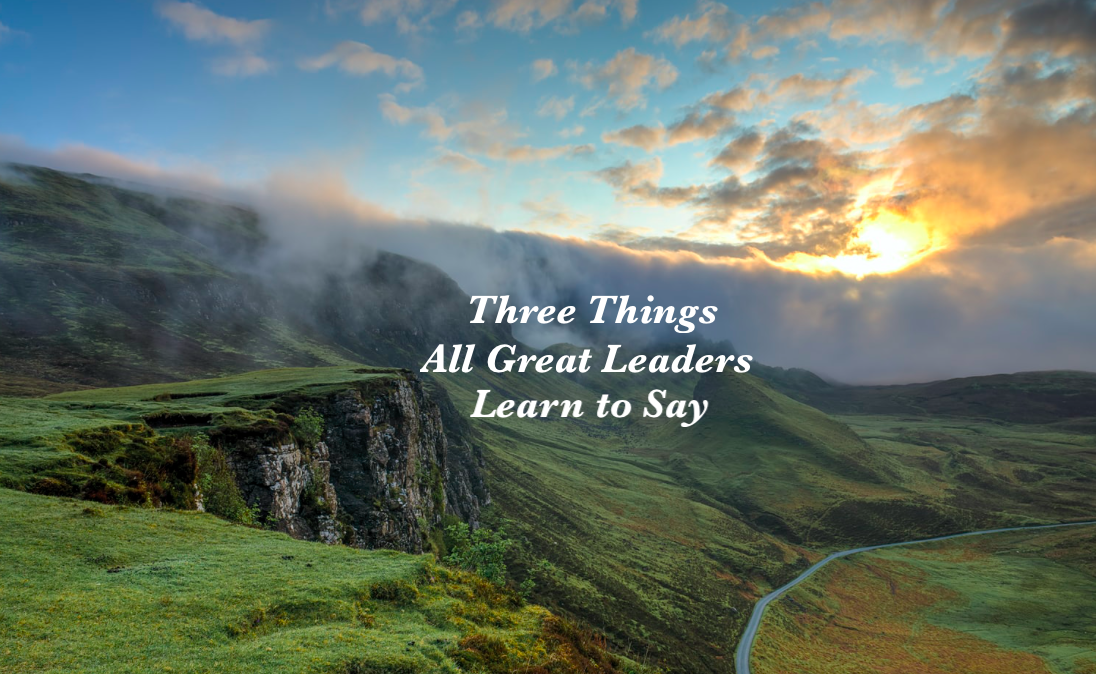
05 Mar The Power of Simple Respect
I watched this person’s career come to a startling – and devastating – ending.
The victim of what I have referred to in interviews and various articles as The Three Deadly Sins of Leadership.
- Greed
- Arrogance
- Ego
Of course the argument could be made that they’re all manifestations of the same affliction – and I wouldn’t debate the point.
Power and influence – even when it’s minimal, is amazingly corruptive – at least potentially.
Maybe it’s because many of us, when we believe we can impact the lives of others, gravitate in the direction of our worst instincts.
Had it been an isolated event I might not be writing about it now. But I’ve seen that same person – with a different name and different face – more than a few times over the course of my career.
And I’ve learned this kind of personality need not be a king or queen – he or she can be a company president or a mill supervisor or a department head or a teammate.
Leadership – real leadership – has very little to do with titles. Some of the greatest practitioners I have ever met didn’t manage hundreds of people – but they influenced that many. And vice versa, some of the most senior executives I’ve met couldn’t lead a group of kindergartners to the playground.
A few years back I was asked a question in an interview that made me stop and reflect on my own leadership journey.
“What are the things you believe leaders have the most difficult time with – and why?”
My answer was too long – too rambling – and too off point.
Had I taken the time to consider the depth of that question I would have given a more insightful response.
Today, when I work with leaders at every level I offer advice born from some of my own mistakes – and a few gleaned from watching those flushed with power who manage to self destruct.
How we interact with others – the words we use – the respect we offer – ultimately dictates others’ opinions of us…and I sometimes offer this simple suggestion.
Three things every real leader must learn to say – even if the words don’t come naturally for many of them.
- “I don’t know.”
- “I was wrong.”
- “What do YOU think?”
Ten words.
Ten words that I can safely say will never emerge from a great many “would be” leaders.
Which explains why “would be” will forever remain a part of their legacy.
The greatest leaders I have ever brushed up against recognized the power of the people that surrounded them – not the false perception of their own self worth. They managed to avoid falling victim to the image that stared back at them in the mirror.
In simple terms:
- They demonstrated vulnerability.
- They role modeled humility.
- They created a safety net that allowed others to focus on becoming their best selves – not the sycophantic lackeys that populate so many companies.
- They did more than ask questions – they listened for the responses.
- They actually cared.
- And because of all these things, they built mutual trust.
The individual who was the impetus for this little narrative went on to enjoy increasingly diminished roles with other companies – and I lost line of sight on their career a long time ago.
But the lesson remained.
Authentic leaders are few – when we meet them, we remember.
The pretenders are many – and I guess we remember them too.


Sorry, the comment form is closed at this time.